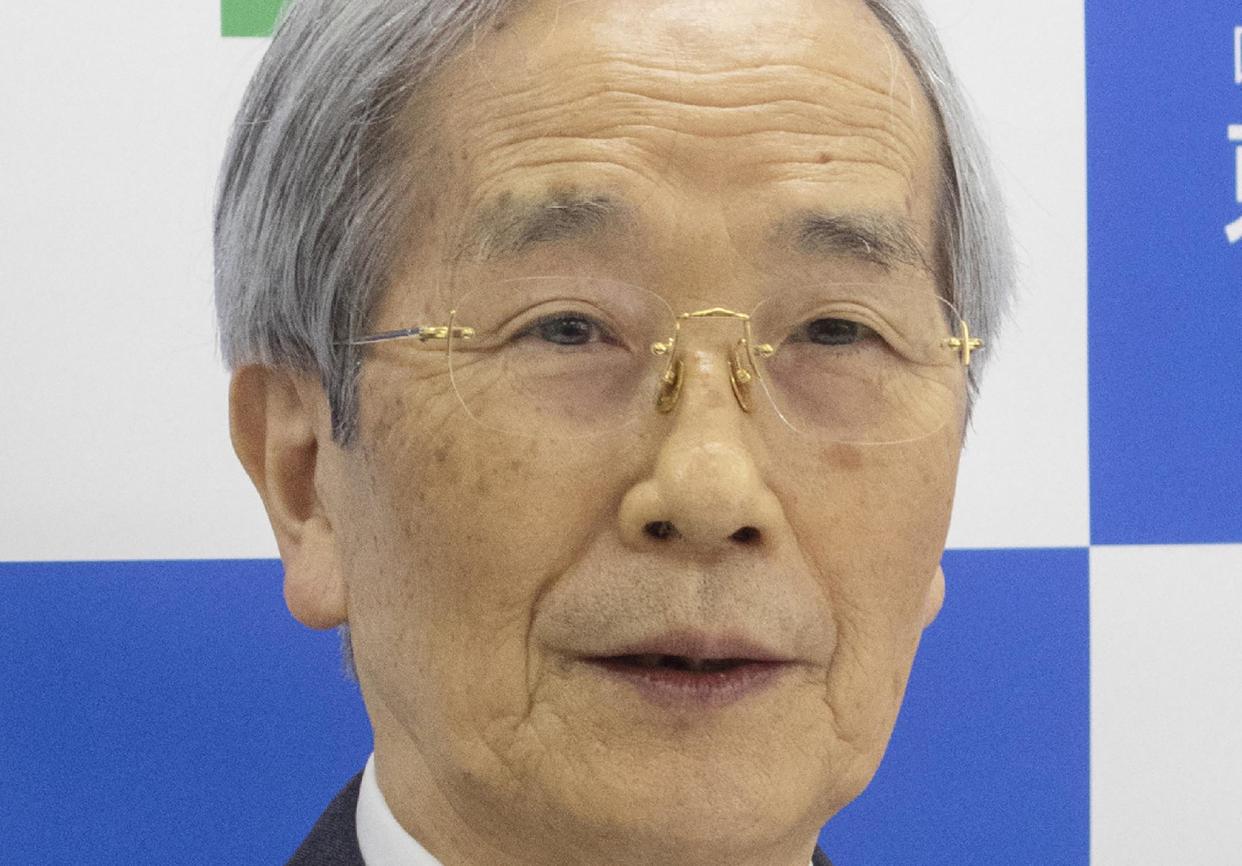Akira Endo, ‘remarkable’ scientist who discovered statins, dies aged 90

The scientist whose work led to the creation of statins, a chemical that prevents heart attacks and strokes, has died aged 90.
Akira Endo found the first cholesterol-lowering compound in 1973 in a lab in Tokyo. The Japanese biochemist was said to have been inspired by Alexander Fleming’s discovery of penicillin in 1928, which lead him to study mould or fungi in order to develop medicines.
Statins work by reducing the concentration in blood of “bad” cholesterol and have helped to prolong the lives of millions of people.
Prof Bryan Williams, the chief scientific and medical officer at the British Heart Foundation, described Endo as “a remarkable scientist”.
He told BBC News: “This really was the forerunner to the development of statin drugs,” adding: “They have absolutely transformed the prevention of heart disease and stroke.
“There’s very few treatments in medicine that have happened in the past few years that have had such a dramatic impact.”
Doctors now routinely prescribe statins to people who have had a heart attack, and those who are at high risk of heart disease or stroke.
Williams said: “Amazingly, the man who began the process of working out how to deal with the problem of cholesterol – and provided a treatment that benefited and saved the lives of many, many millions of people – never got the [Nobel] prize. I think that’s a shame.”
Endo was born in rural Japan in 1933 and went on to study biochemistry at Tohoku University.
It was while working for the Japanese pharmaceutical company Sankyo in 1973 that he made his discovery. At the time the only way to lower “bad” cholesterol was to combine an unpalatable diet with medications causing unpleasant side-effects.
It took many years of studying thousands of fungi and brewing fungal soups before finding one that lowered cholesterol.
After testing 6,000 different concoctions, Endo and his lab assistants tested a substance made by Penicillium citrinum, a blue-green mould isolated from the rice of a Kyoto trader similar to the mould that grows on old oranges and lemons.
In 1987 the first statin, lovastatin, was approved in the US for clinical use.
Endo was awarded the 22nd Japan prize in 2006 and the Lasker award, known as the US’s Nobel prize, in 2008.


